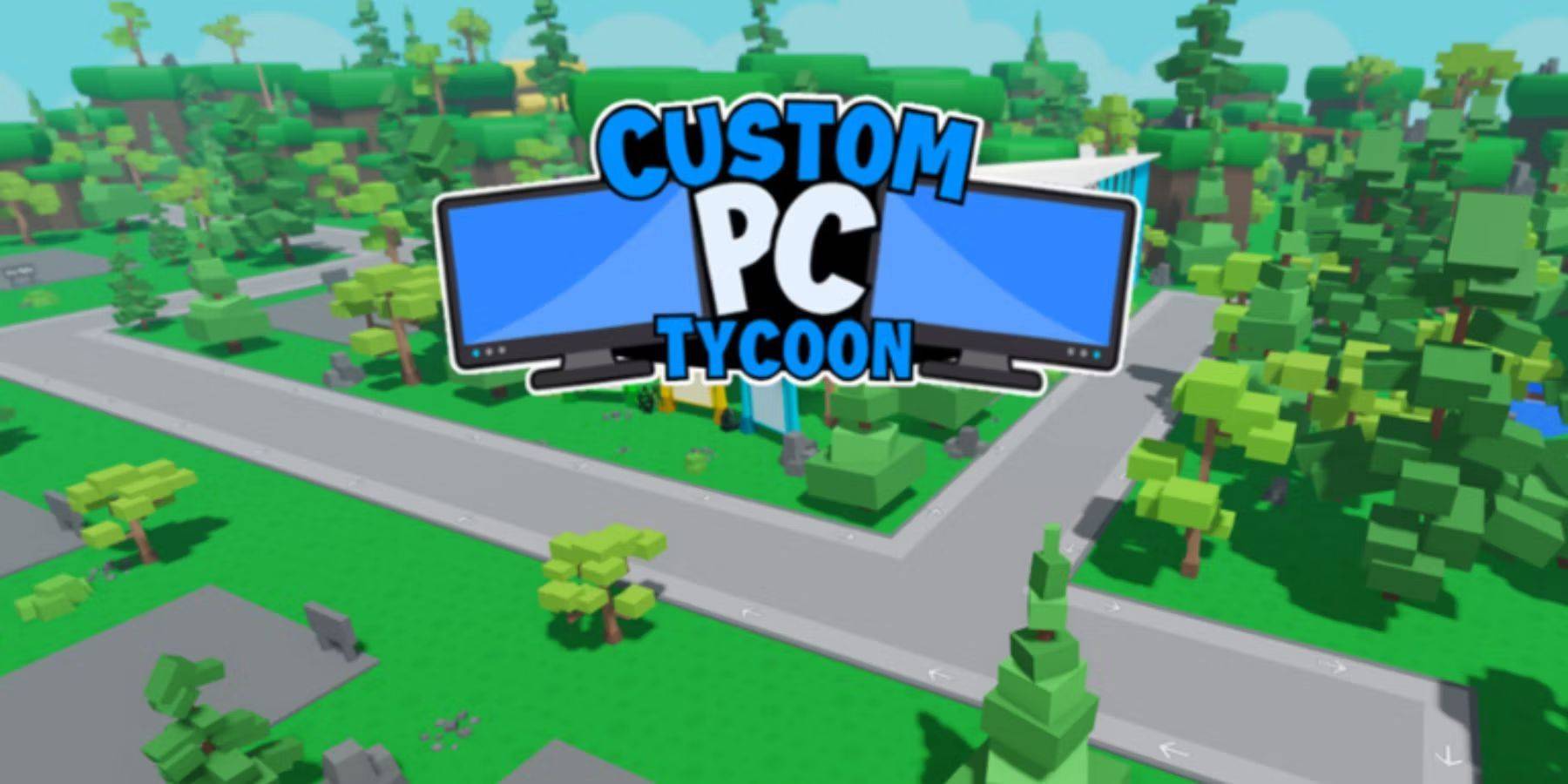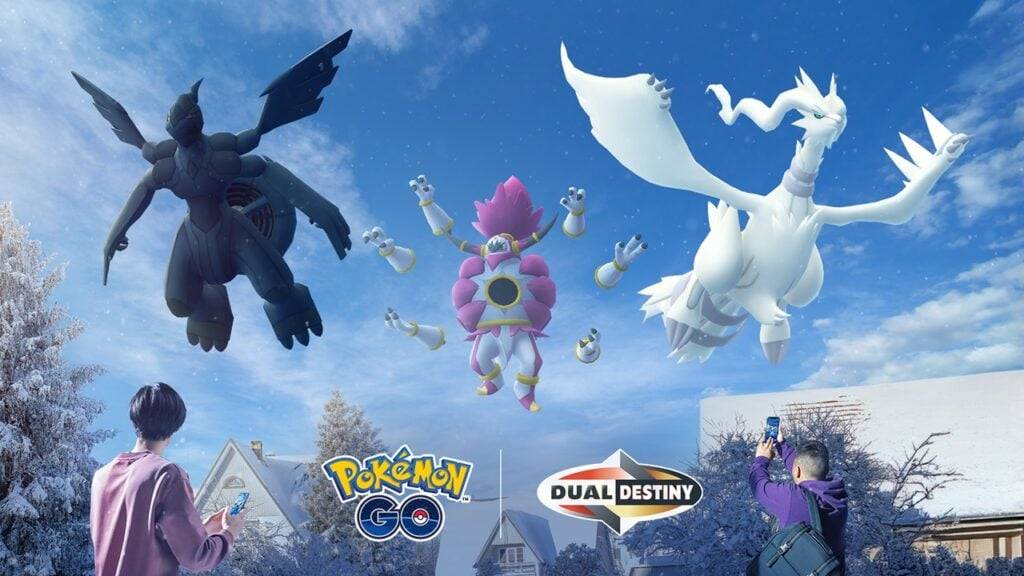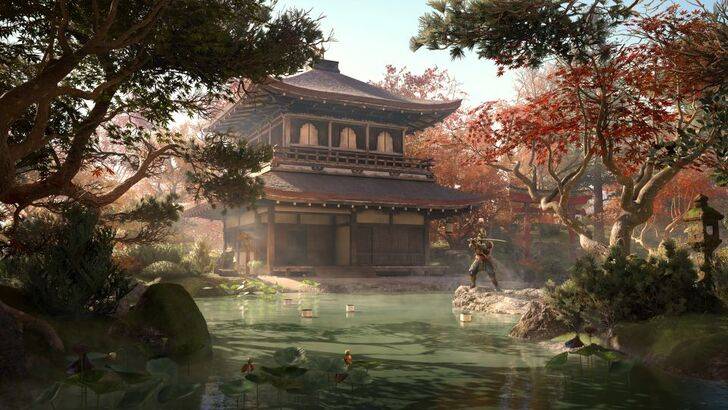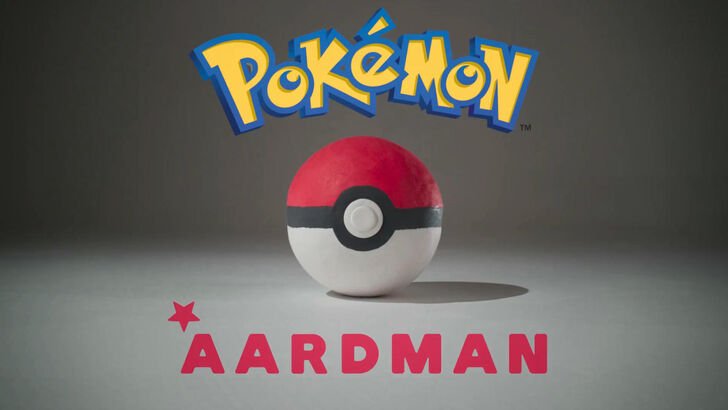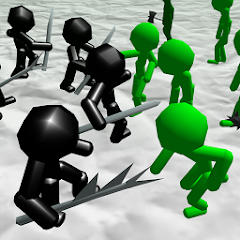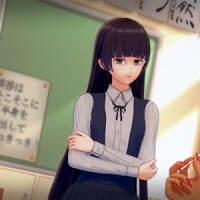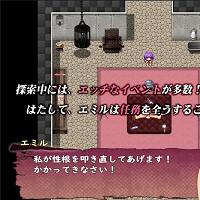In 2015, the French studio Don't Nod redefined interactive storytelling with *Life is Strange*, a compelling narrative that celebrated the beauty of everyday life, enduring friendships, and the relentless passage of time. Players were captivated by its immersive world, emotional depth, and the power to influence outcomes through meaningful choices. While subsequent titles explored different genres, none quite recaptured the magic that made *Life is Strange* so special.
Now, years later, Don't Nod returns to its signature style with *Lost Records: Bloom & Rage*, a nostalgic coming-of-age tale that serves as both a tribute to a forgotten era and an exploration of youth's fleeting innocence. With its rich atmosphere, memorable characters, and impactful decisions, this game rekindles the charm fans have longed for.
Friends Reunite to Uncover Secrets from the Past After 27 Years
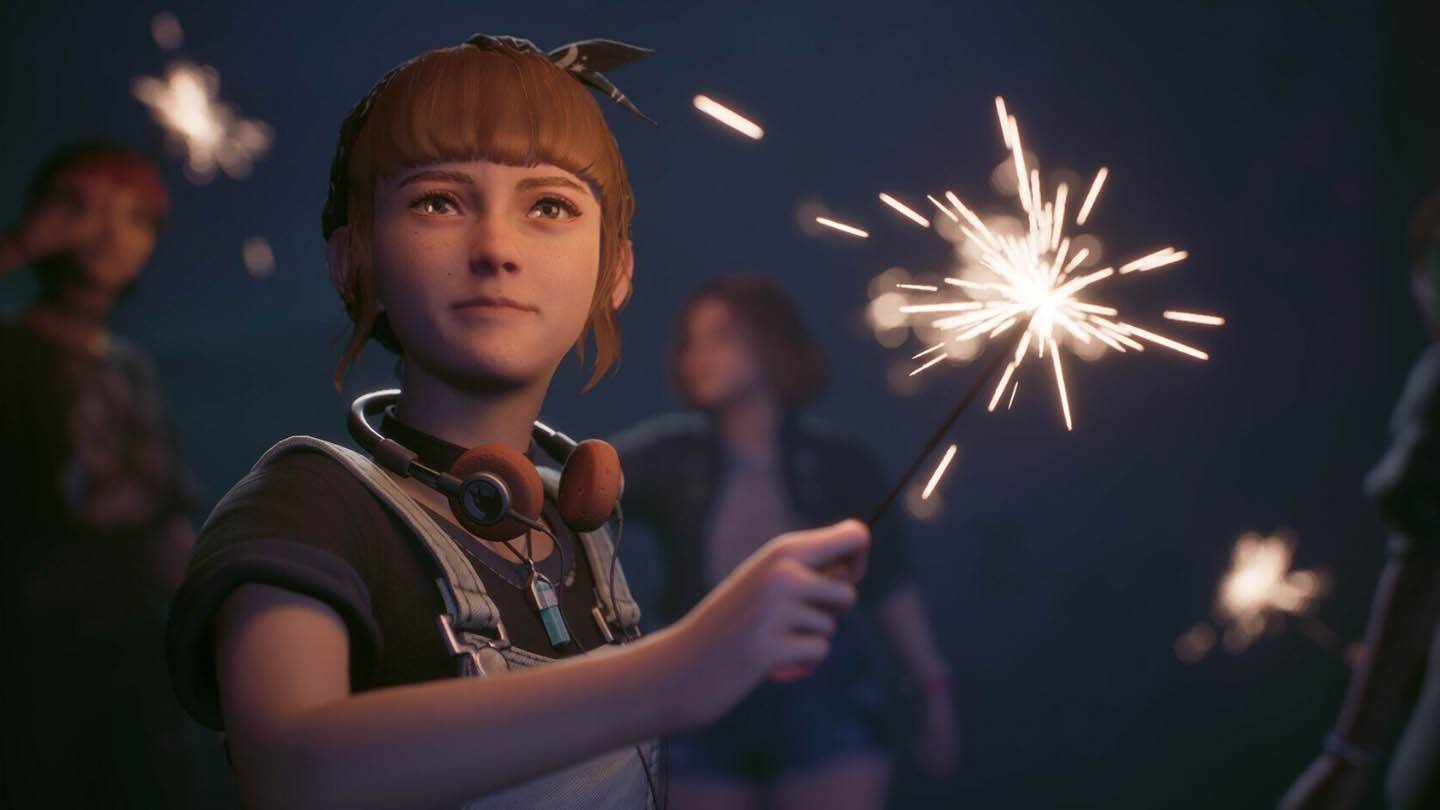 At the core of *Lost Records: Bloom & Rage* lies the story of four women whose bond was broken nearly three decades ago. The protagonist, Swan Holloway, returns to her hometown of Velvet Bay for a reunion, only to discover a mysterious package that reignites buried memories. A forest, an abandoned house, and long-forgotten secrets begin to resurface—this is the essence of *Bloom & Rage*: reliving a summer night’s dream from a distant past.
At the core of *Lost Records: Bloom & Rage* lies the story of four women whose bond was broken nearly three decades ago. The protagonist, Swan Holloway, returns to her hometown of Velvet Bay for a reunion, only to discover a mysterious package that reignites buried memories. A forest, an abandoned house, and long-forgotten secrets begin to resurface—this is the essence of *Bloom & Rage*: reliving a summer night’s dream from a distant past.
The narrative unfolds across two timelines: the vibrant summer of 1995 and the present-day year 2022. As players navigate between these eras, they witness how time has changed the characters and what brought them together once again. Most gameplay, however, takes place in the past, where players explore environments, build relationships, and document their journey using a vintage HVS camera.
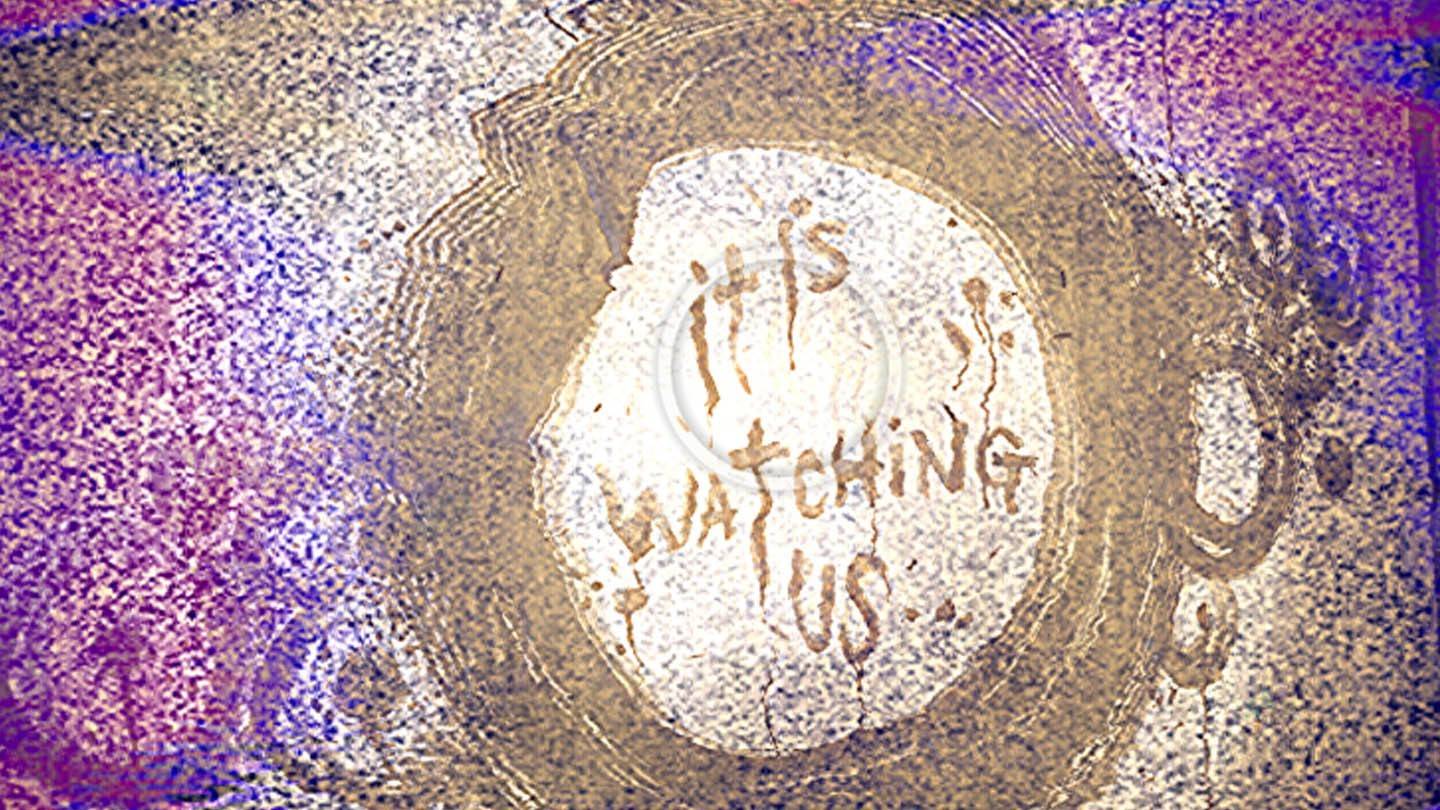
Video recording plays a central role in the game. Like Max from *Life is Strange*, Swan captures graffiti, wildlife, people, and even strange occurrences on film. These recordings can be edited into short documentaries within a dedicated menu, sorted by themes. While some clips are woven into the storyline, they don’t directly alter it, offering more of a reflective experience.
Choices Still Impact Surroundings, Dialogues, and Relationships
True to Don't Nod’s legacy, *Lost Records* delivers deep interactivity and meticulous attention to detail. For instance, if Swan expresses a desire to buy ice cream from a nearby truck, players can choose whether or not to follow through. If delayed, the opportunity may pass, affecting future conversations and character interactions accordingly.
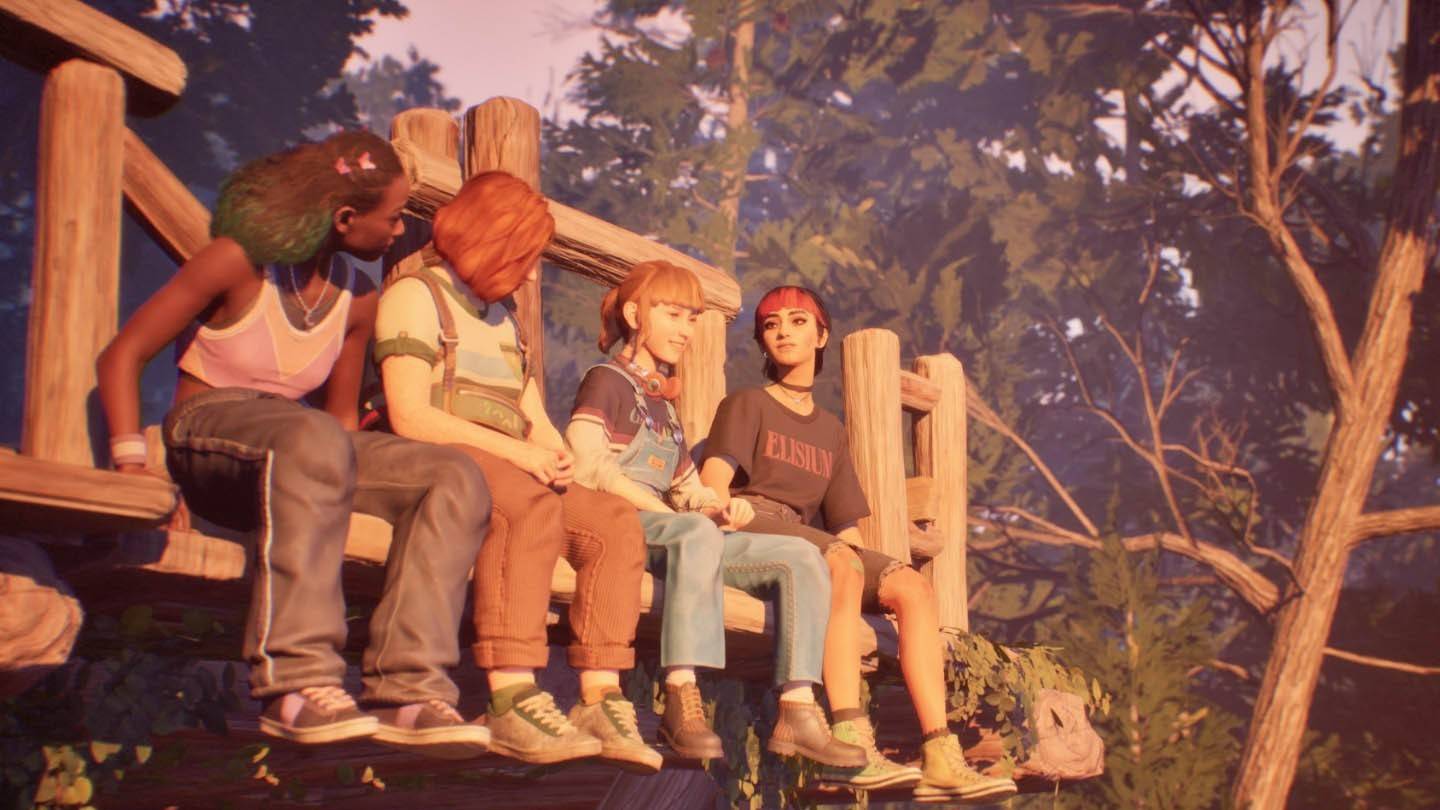
The game world reacts dynamically to player decisions, enhancing immersion. Dialogue flows naturally, with interruptions, shifting topics, and moments of silence available as responses. Sometimes, staying quiet proves more powerful than blurting out someone’s secret. Building relationships is also flexible—you're not required to win everyone’s approval. If a character doesn’t resonate with you, you can simply walk away. Swan may be shy, but she’s allowed to grow at her own pace.
Bloom & Rage Creates Beautifully Imperfect Characters
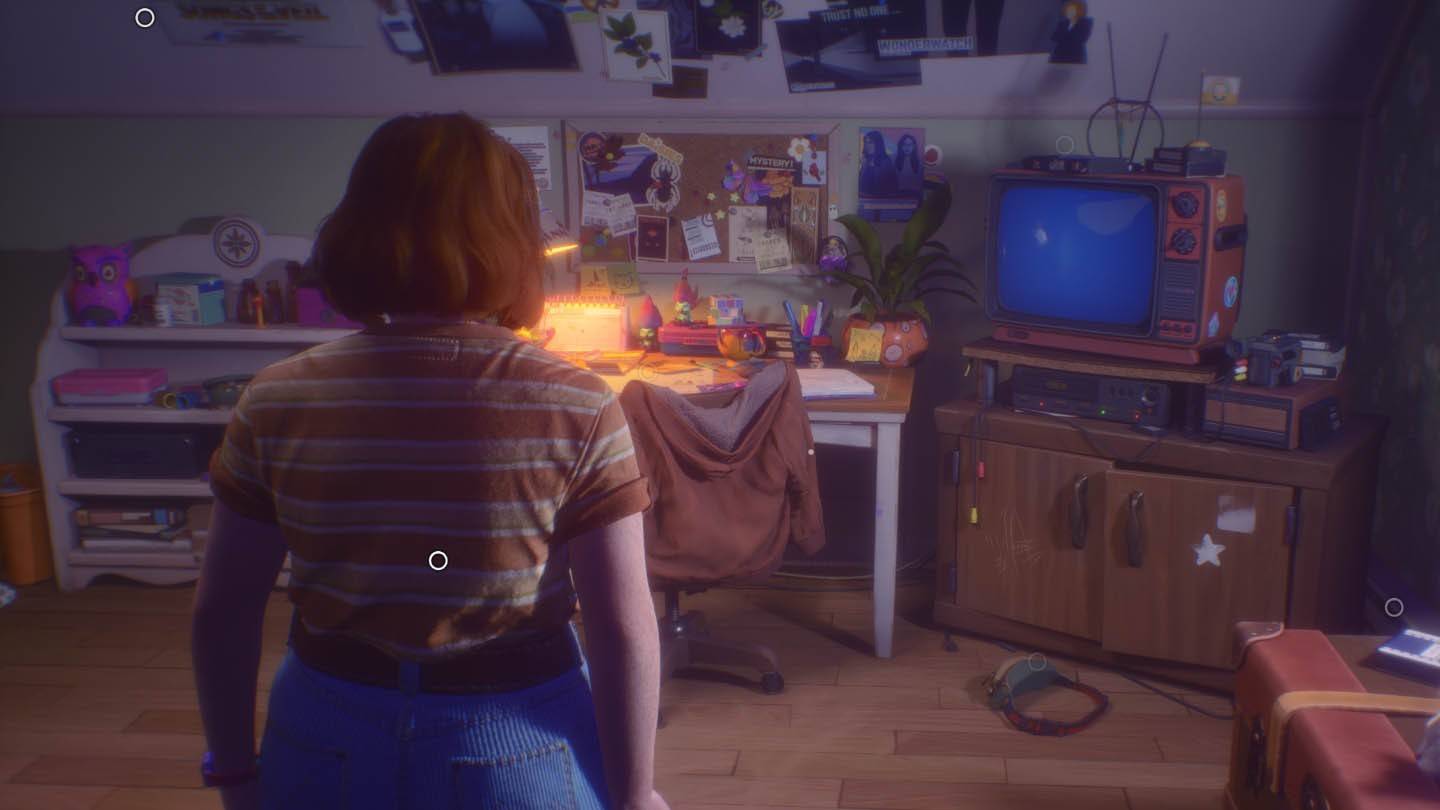
What makes *Lost Records* stand out is its ability to craft deeply human characters. They’re loud, occasionally awkward in their youthful idealism, yet profoundly sincere at heart. Unlike the less-developed cast of *Life is Strange: Double Exposure*, Swan and her friends feel authentic and emotionally grounded.
Swan is endearing in her ordinariness—a self-conscious 16-year-old who overthinks everything and hides behind her camera lens. Though she shares similarities with Max Caulfield, she never feels like a copy. Her personality shines through genuine motivations and behaviors that make her relatable and unique.
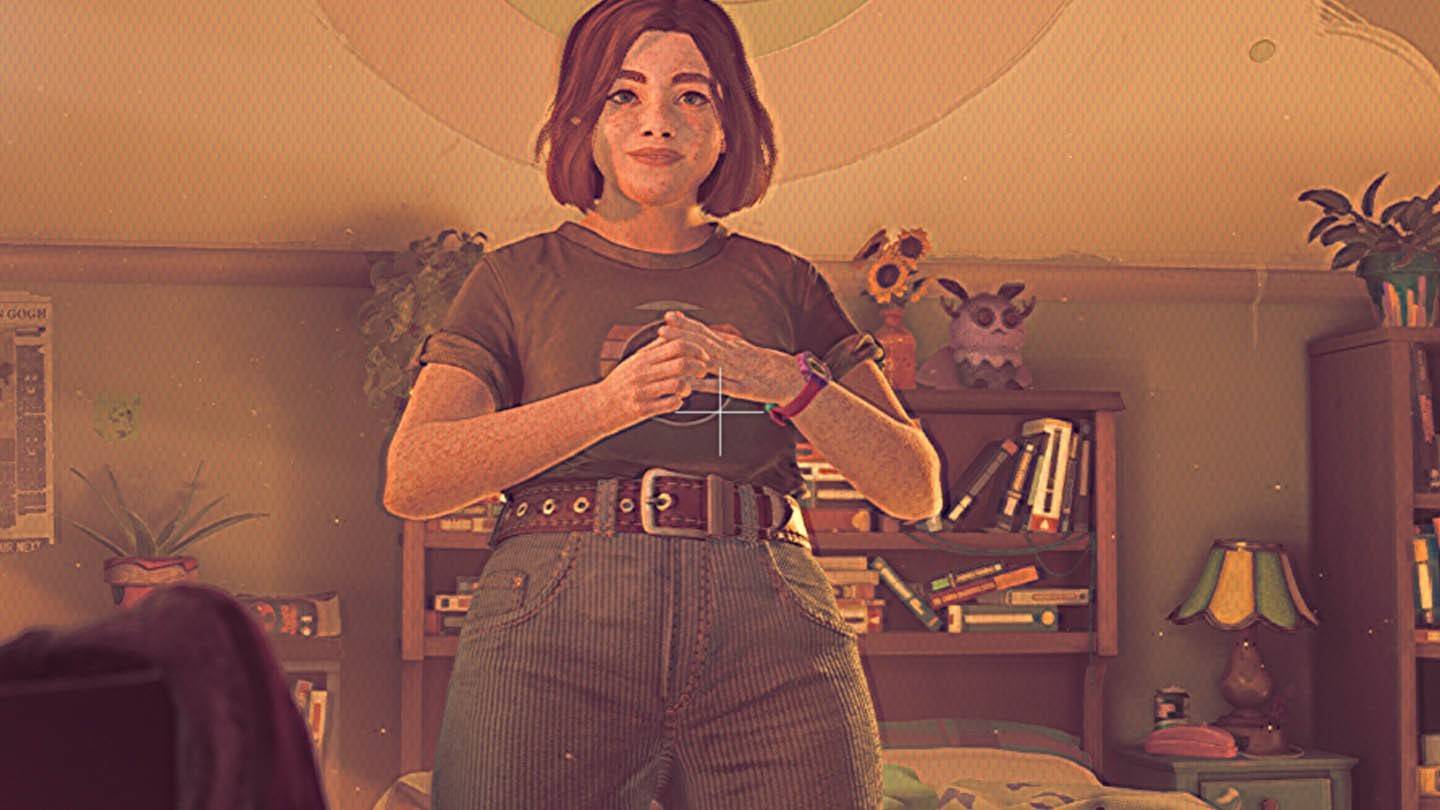
Her friends Ottem, Kate, and Nora each embody familiar archetypes, yet break free from clichés. Nora, the punk girl with colorful bangs and big dreams, turns out to be the most cautious among them. Meanwhile, Kate, a passionate writer, often stirs up excitement and encourages Swan to take risks. Ottem gravitates toward thoughtful personalities. Together, they create a dynamic group that evokes the feeling of being a teenager again—confident in your knowledge of the world, no matter your actual age.
A Town Worth Dreaming About
Nostalgia weaves through every aspect of *Lost Records*. Nowhere is this more evident than in Swan’s bedroom, filled with '90s relics: bulky TVs, VHS tapes, floppy disks, Tamagotchis, Rubik’s cubes, and troll dolls. Every item invites closer inspection, making it a visual love letter to millennials.
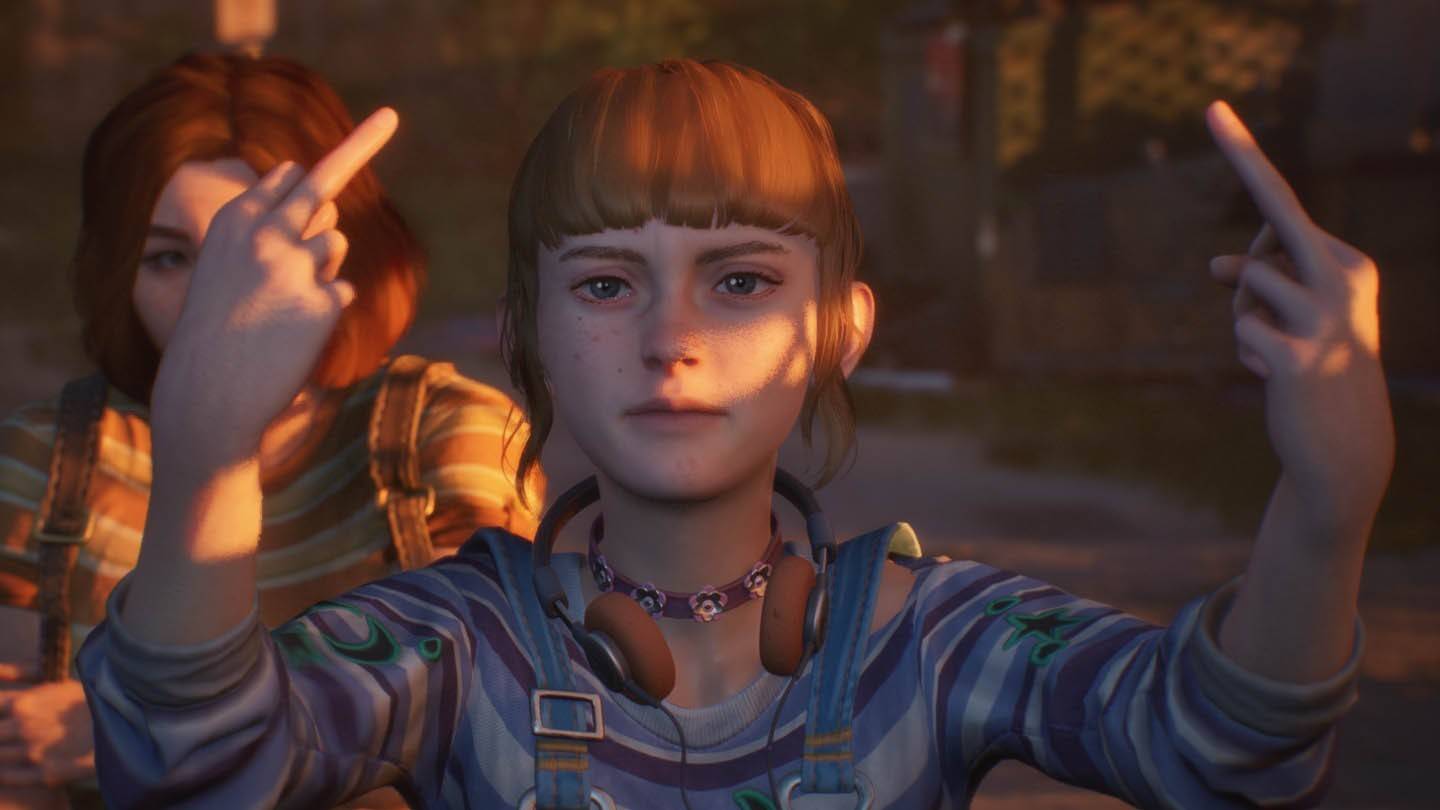
Pop culture references abound—from movies like *Sabrina*, *The X-Files*, *Tank Girl*, *The Goonies*, *Twilight*, *Casper*, and *Revenge of the Nerds*, to games such as *Oxenfree*, *Night in the Woods*, *Control*, and even *Life is Strange*. Music and literature also play a part, with nods to *House of Leaves*, *Nine Inch Nails*, and *Nirvana*.
One of the most striking elements is the soundtrack. Dream-pop and indie-rock tracks create an atmospheric backdrop, with songs like “See You in Hell” standing out as memorable highlights. Even initially underwhelming tunes linger in your mind after repeated listens.
Velvet Bay emerges as the quintessential American town—cozy during the day, eerie at night. The more you explore, the more *Bloom & Rage* draws you into its mystery and charm.
Slow-Paced Plot: The Defining Feature of the Story
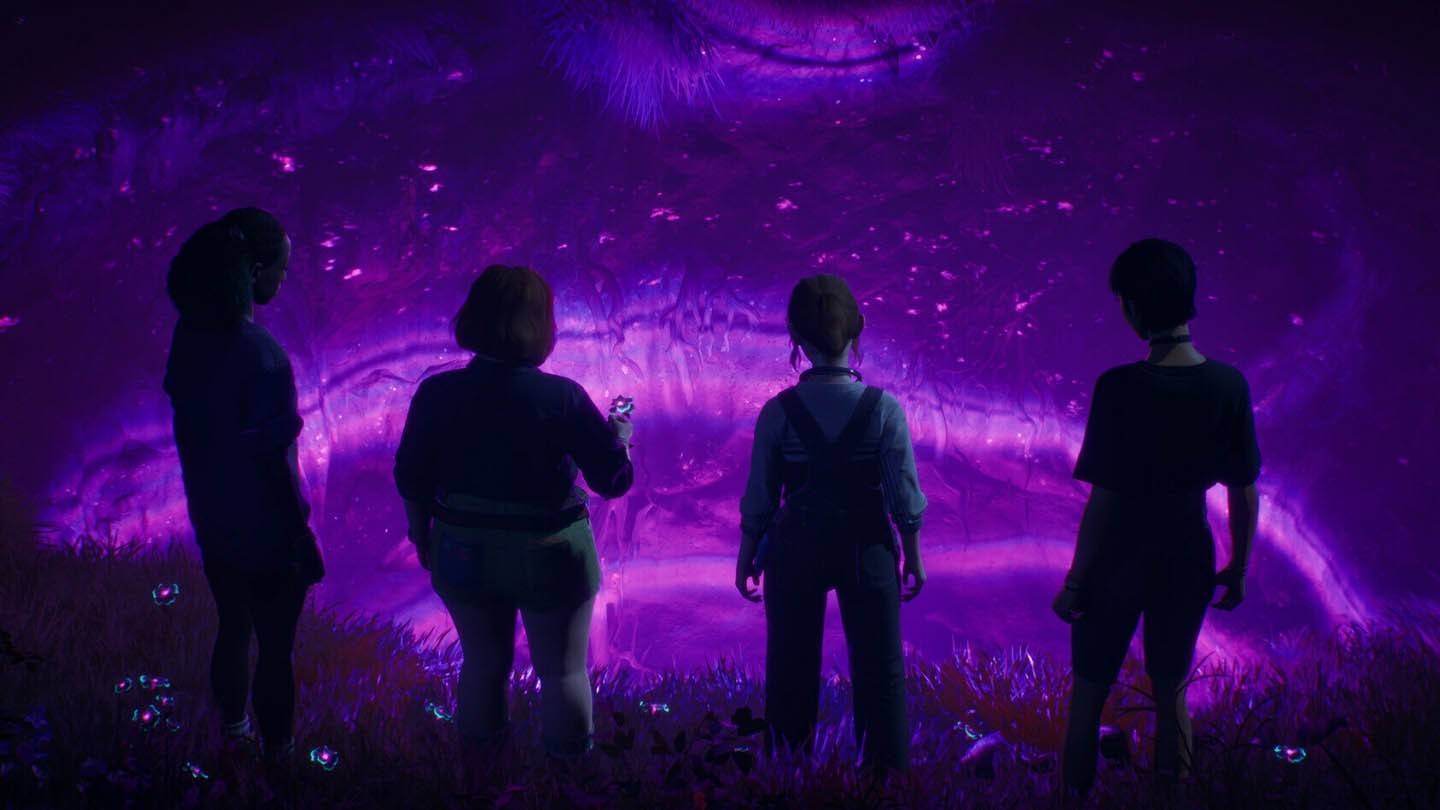
The pacing of *Lost Records* is deliberate and slow-moving, which might not appeal to everyone. Unlike *Life is Strange*, where mystery unfolds relatively quickly, this title prioritizes character development and setting the mood before diving into deeper plot twists. It wants you to connect with the characters, feel immersed in the '90s atmosphere, and understand the emotional stakes before pushing the story forward.
By the second half of the first episode (or "reel"), the tone shifts, building tension and suspense. The final scene ends on a strong cliffhanger, leaving players eager for the next installment set to release on April 15th. This open-ended structure invites speculation and theory crafting—an intentional design choice that keeps audiences engaged beyond the screen.
*Lost Records: Bloom & Rage* is more than just a game—it’s a cinematic journey back to the '90s, even for those who never lived through it. It understands its audience and delivers all the essential ingredients for success: relatable characters, meaningful interactions, and the promise of a compelling story. Whether Don't Nod will capture lightning in a bottle again remains to be seen, but for now, fans are eagerly awaiting the next chapter.

 Latest Downloads
Latest Downloads
 Downlaod
Downlaod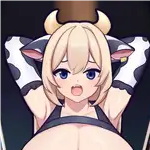
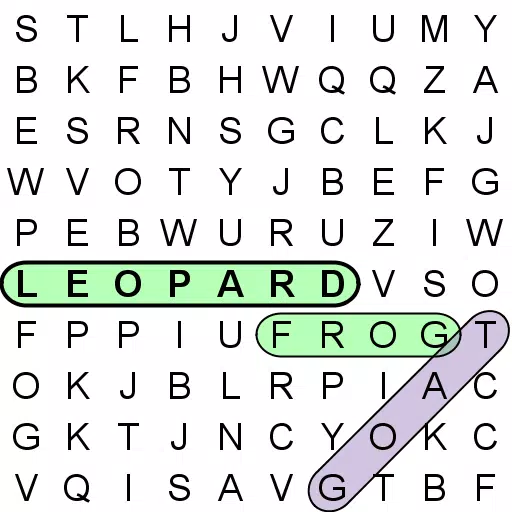



 Top News
Top News